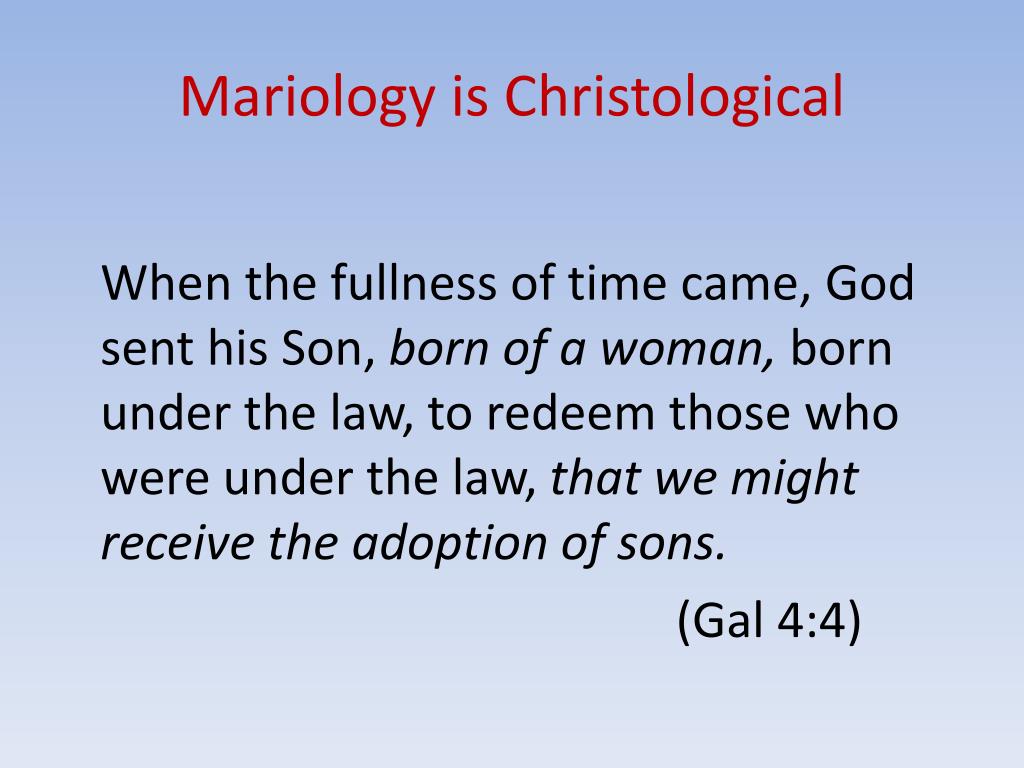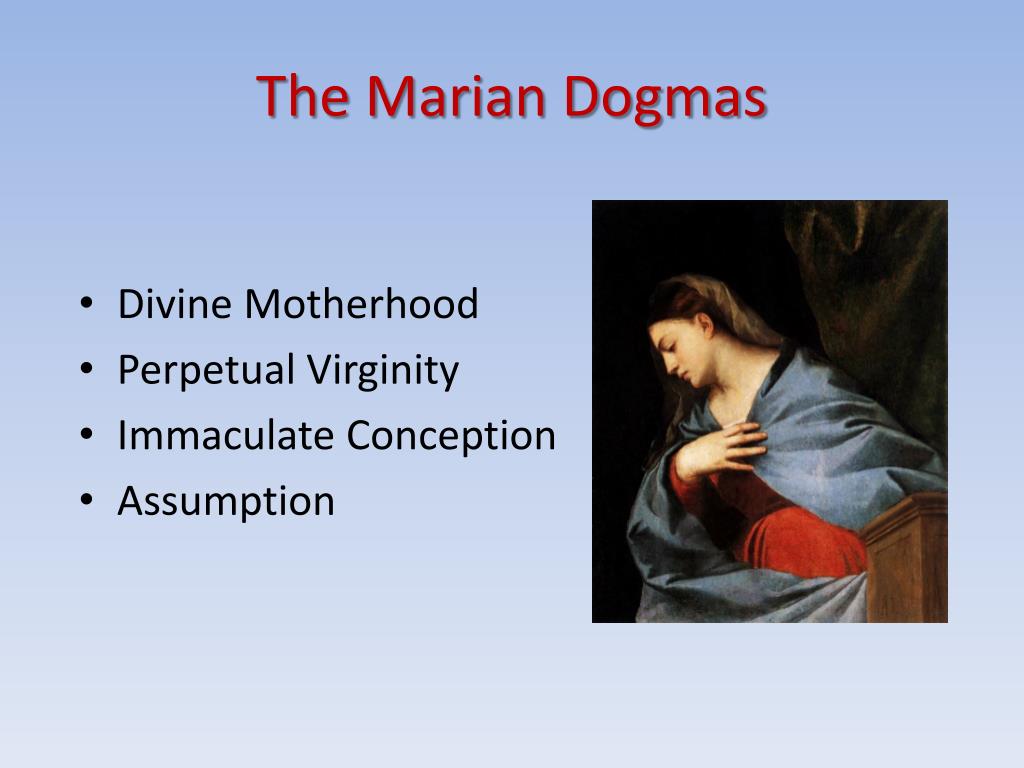Reference




OpenAI's Answer
The doctrine of the Assumption is a significant element in Mariology, the study of the Virgin Mary, her life, and role in the salvation history in Christian theology. The Assumption refers to the belief that Mary, at the end of her earthly life, was taken into heaven both body and soul. This teaching is primarily held by the Roman Catholic Church and is also recognized, albeit differently, in the Eastern Orthodox Church under the term "Dormition of the Mother of God."
Significance in Mariology:
-
Heavenly Exaltation: The doctrine of the Assumption underscores Mary's unique role and dignity, affirming her special place in God's plan of salvation. It serves as an example of the ultimate glorification that awaits all faithful Christians.
-
Immaculate Conception Connection: The belief in Mary's Assumption complements the doctrine of the Immaculate Conception, which posits that Mary was conceived without original sin. This sinless nature is seen as a precursor to her being assumed into heaven.
-
Sign of Hope: Mary's Assumption is viewed as a sign of hope and a model for the future resurrection and heavenly reward of all faithful souls, emphasizing the body's resurrection as a core Christian belief.
-
Intercessory Role: The doctrine also highlights Mary's ongoing intercessory role in heaven, as she is perceived to be in a position of closeness to God, where she can advocate on behalf of humanity.
For further detailed reading, you can refer to Wikipedia's entry on Assumption of Mary and GotQuestions.org's explanation.
Here is an illustrative image depicting the significance of the Assumption in Mariology:

Follow Up
Related
How is August 15 celebrated differently among Catholics, Anglicans, and Lutherans?
What are the main assumptions underlying the unit hydrograph theory?
What assumptions are made when using the energy equation in open channel flow?
Why was the Catholic teaching on the Assumption of Mary defined as dogma in 1950?